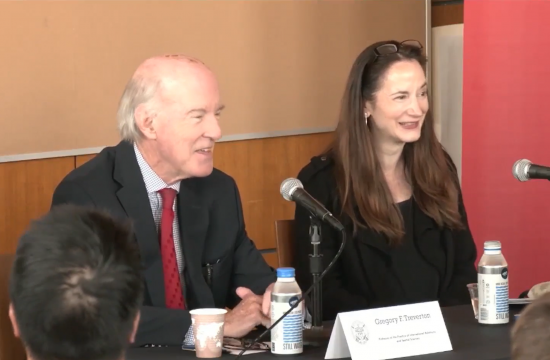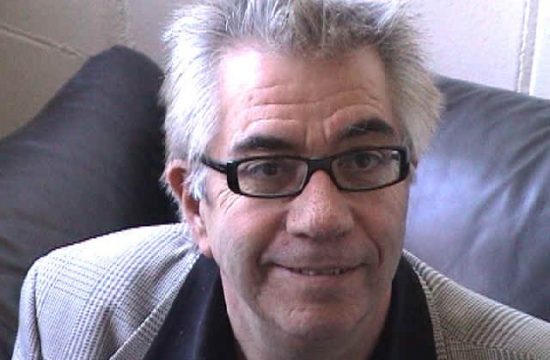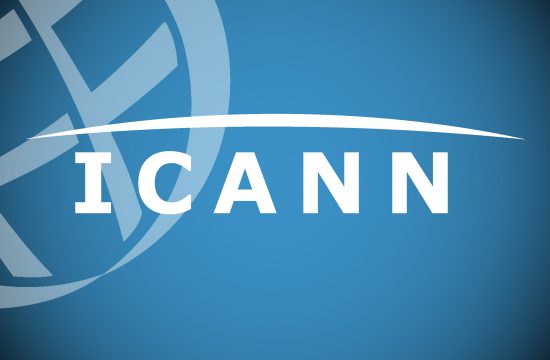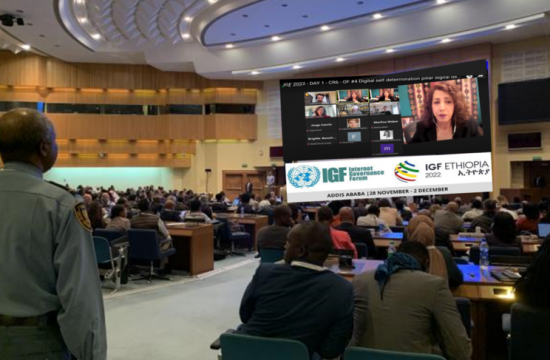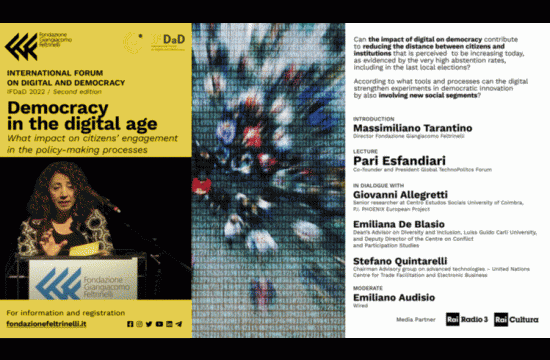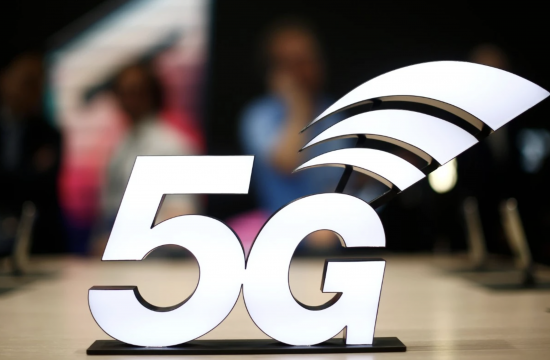By: John Walcott, Gregory F. Treverton, Pari Esfandiari
Antony Blinken, President-elect Joe Biden’s choice for Secretary of State, has made restoring America’s relations with its allies a top priority. But in order to do that, he must convince them that “America First” was a passing moment, not a lasting trend, and to do that, he and the new administration’s team first must win the trust of more Americans. The task abroad is daunting; the one at home is imperative.
If the Biden presidency is to repair the damage the Trump administration has done and is still doing to American diplomacy and intelligence, it will need to fashion foreign and national security policies to a world far different than the one the U.S. helped shape after World War II, when the United States accounted for half the global economy.
But before it can start to do that, the White House, the State Department, the intelligence community and other agencies need to understand that America has changed as much as the world. They need to understand the perceptions of ordinary Americans, who too often feel the foreign policy is irrelevant to them or, if relevant, costs them money or jobs. The currents of support for Trump’s America First — nationalist and transactional, skeptical at least of globalism, immigrants, engagements abroad and freer trade — are not going to go away with Trump.
“For decades, the national security and business communities – the two dominant forces in the foreign policy arena – presided over a growing disconnect between U.S. ambitions abroad and disappointments at home, which culminated in the public’s repudiation of the political status quo in the 2016 presidential election,” the Carnegie Endowment for International Peace concluded from research in Colorado, Nebraska and Ohio.
“There is an erosion of trust in foreign policy professionals (and in the federal government generally),” the Carnegie researchers reported. In all three states, they found, “doubts abound . . . that foreign policy professionals in Washington, DC, truly understand the economic realities confronting middle-income households or that they prioritize those realities in the development of U.S. foreign policies.”
“There is a big misalignment between the elites’ interests and those of many citizens,” concedes a former senior State Department official. “Broadly speaking, the focus of U.S. national security policy since World War II has been ‘out there’, premised on the expectation that if we can shape the course of events in Western Europe, East Asia and the Persian Gulf, then the American people will be safer back here and better able to enjoy freedom and prosperity,” says Andrew Bacevich, a retired Army officer and the President of the Quincy Institute for Responsible Statecraft. “By comparison, security concerns ‘back here’ have been treated as afterthoughts. The pandemic, climate change, wildfires, hurricanes, etc. demand a change in those priorities.”
Americans often see domestic problems as having simple solutions if only politicians were less corrupt and more on the ball. Yet in reality, the problems often defy simple solutions and have global dimensions. For instance, Trump’s tariffs on China seemed tough-minded but produced neither more exports nor more jobs; instead, they cost taxpayers money. Solutions are long term and require collaboration, concession, and concerted effort. These do not match the attention span of Americans who are searching for simple answers and view complexity with suspicion. The situation today is even more challenging, with trust in government and the news media at all time lows.
Yet, in this environment of bitter polarization and distrust of government, where a large chunk of the body politic is unprepared to believe anything the government says, the new center must be democratic, bottom-up, and multi-stakeholder. That will make the process more difficult, lengthy and messy, but that is the only way to heal a deeply divided nation, whose very nationhood seems more and more in a twilight zone.
For the State and Treasury Departments, the new U.S. Trade Representative and others, that means taking coordinated steps to initiate a dialogue on the value of international trade and public health agreements, the Paris climate accord, allying with friends and confronting adversaries. For America’s intelligence agencies, it means presenting the case about how foreign intelligence can help protect ordinary Americans from pandemics, cyberattacks, the theft of new ideas and predatory trade policies just as it helps defend against terrorist attacks, hackers and foreign election meddling.
Above all, though, it requires more professionals at all levels to sit down with and listen to those Americans who believe, with good reason, that no one has been listening, only talking down to them as the rich have gotten richer while they have borne the burdens of foreign competition, rising housing and health care costs, outsourcing and offshoring and education systems that do not equip their children with the knowledge and skills they need to prosper – and be good citizens – as the Industrial Age gives way to the Information Age.
A Domestic Engagement Center could create and administer unclassified programs for returning Foreign Service, military personnel and intelligence analysts – though not undercover officers — to discuss and answer questions with local groups and officials, not just world affairs and foreign relations councils and academic audiences, as valuable as those are. For openers, it might be wise to bar speakers from using acronyms: For good reason, START, OSCE and ODNI are as foreign to many Americans as tour d’horizon and memcon are. Worse, throwing them around smacks of elitism.
Indeed, these exchanges would in the end be more valuable for foreign policy officials, many of whom know Berlin or Tokyo better than they know Binghamton or Tulsa. The forums could be open to anyone, including students, state and local officials, community leaders and journalists, but they would require local moderators to set the rules and tone, to bat away the inevitable questions about classified information and to shut down political partisanship. (Sadly, it might be wise these days to have local law enforcement officers on hand.) Perhaps that is too much to ask now, but perhaps there are some corners of the country where shreds of civility remain, and if there are not, American democracy is doomed anyway.
Such a center also could play a role in helping to diversify the nation’s diplomatic corps and intelligence community by sparking an interest in foreign and national security affairs among younger Americans who otherwise might think that joining the Foreign Service or the nation’s intelligence agencies still requires a ticket from an elite college or university. “A lot of young people seem to think that they would be strangers in a strange land here, but we need a lot more of those people,” says a top career State Department official. “We need them at home, and we need them abroad.”
In addition, a Domestic Engagement Center could use grants to encourage more early and mid-career Foreign Service and intelligence officers to pursue their graduate degrees at state universities in fly-over country, not just the usual coastal bastions of tradition, as valuable as those are.
Even a sustained, bottom-up effort along these lines is not guaranteed to bridge the gap between the foreign policy establishment and the millions of Americans that foreign and national security policy are supposed to serve. But without it, any effort to remake U.S. foreign policy in ways that, as Carnegie Endowment President William J. Burns, a former deputy secretary of state and President-elect Joe Biden’s choice for CIA director argues, distribute the risks and benefits of globalization more equitably will be left blowing in the political winds.
About Authors:
John Walcott is a member of the Global TechnoPolitics Advisory Board. He is an award-winning journalist, foreign policy and national security expert, author, and academic. John has reported on or from more than 80 countries during a career that has spanned more than four decades and included coverage of the civil wars in Lebanon and Central America, the collapse of the Soviet Union and the rise of China. He has taught Media and International Relations in the Master of Science in Foreign Service program at Georgetown University for 23 years.
Gregory F. Treverton is Co-Founder and Chairman at the global TechnoPolitics Forum. He stepped down as chairman of the National Intelligence Council in January 2017. He is a senior adviser with the Transnational Threats Project at the Center for Strategic and International Studies (CSIS) and a professor of the practice of international relations and Spatial Sciences at the University of Southern California.
Pari Esfandiari is the Co-founder and President at the global TechnoPolitics Forum. She is a member of the At-Large Advisory Committee (ALAC) at ICANN and serves as Nonresident Senior Fellow at the Atlantic Council’s GeoTech Center. She is a serial entrepreneur, internet pioneer, and an avid environmentalist.





